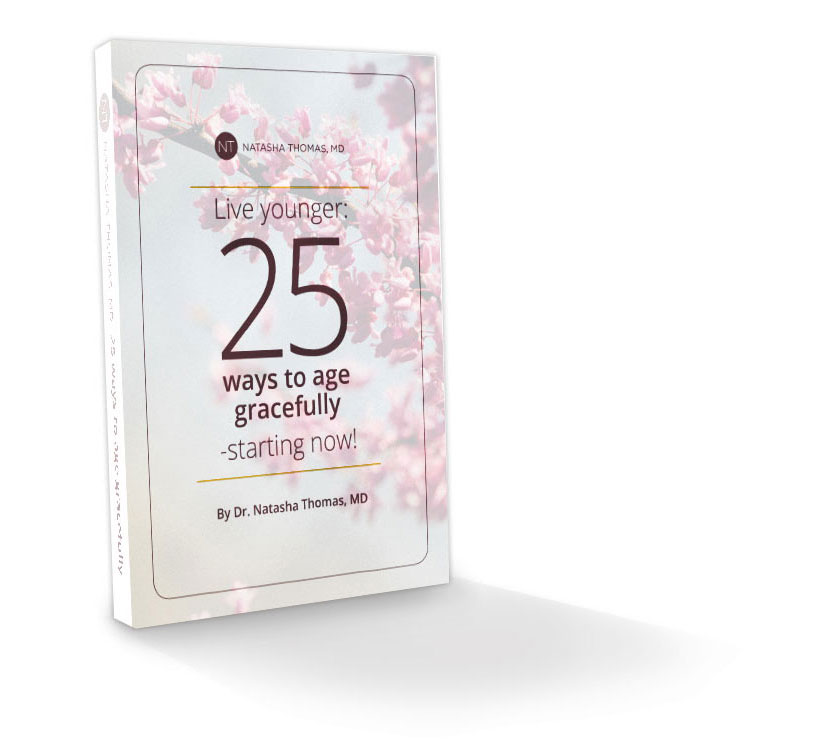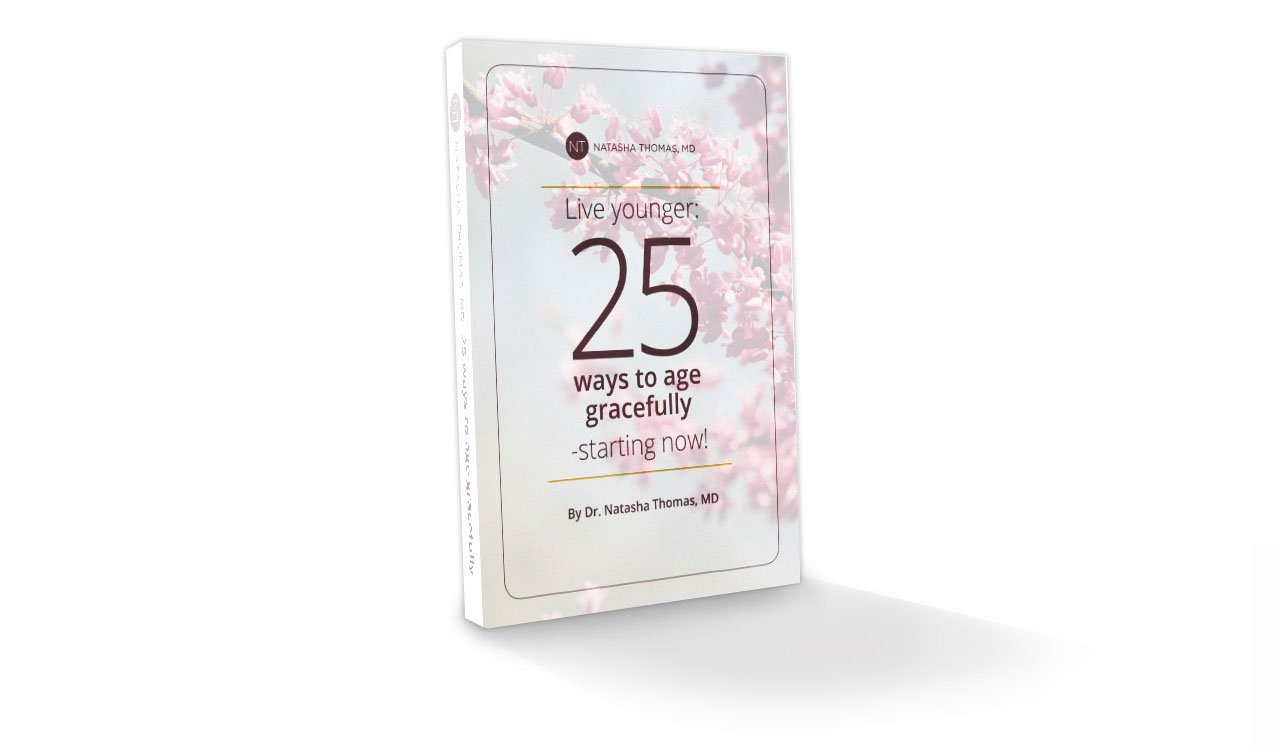Posted on: February 1, 2021
Twenty years ago, experts predicted that stress—related conditions would be the second leading cause of disability by the year 2020. 1
Having now entered a new year, most would agree that 2020 was high on the stress—level meter. Everyone was forced to change routines and behaviors.
Most people find major changes stressful, and ongoing, chronic stress takes a heavy toll on the body and health. To be healthy and happy, we must effectively manage stress.
In life, the only “constant” is change. So, how do we manage the stress of change?
In previous blogs, I have shared useful tips on managing stress and poor sleep through lifestyle changes. Lifestyle changes are ideal, yet they take time.
In this blog, I want to offer simple solutions for relief that anyone can begin today.
First, learn how stress affects you specifically.
What’s Your “Stress Type”?
1. Wired and tired
Is your life so fast-paced that you have no time to care for yourself? Does stress make you feel overheated, flushed or burnt out? Is it hard to calm down, even to sleep?
2. Worried and woeful
Are you so worried about everything under the sun that you can’t sleep, or stay asleep? Does all that worry make your muscles tight and your temper short?
3. Mentally exhausted
Do you feel like your brain just isn’t working right due to all the stress you carry? Is indecision and confusion more common, and is your thinking more difficult?
4. Physically exhausted

In spite of getting enough sleep, do you still feel so weak and tired that you can’t seem to muster energy for anything? Is your face pale and your body puffy? Have you gained weight from stress?
5. Stressed and sleepless
Maybe you see yourself as a combination of these types, but perhaps you feel that if you could just get enough sleep everything would improve. Truly, sleep is amazingly restorative and helps us adapt to stress. The key word is “adapt.”
Don’t worry, easy solutions are on the way!

Enjoying this article?
Subscribe + don’t miss the next one!
We’ll also send you our e-book: Live Younger 25 Ways to Age Gracefully—Starting Now.
To Thrive, Adapt
Instead of the notion of “survival of the fittest,” we should embrace the idea that those individuals who can adapt to change thrive. Adaptation allows us to manage stress positively and remain healthy.
A healthy lifestyle, with proper diet, physical fitness, relaxation techniques, enough sleep, and healthy relationships are all vital in helping your body build resilience to stressful events.
But sometimes we all need a little extra help.
Fortunately, the nutrients present in certain botanicals (also known as herbs) can help. They provide elements that bolster our bodies and reduce the stress we feel. They keep us strong and resilient at a cellular level, even when under stress.
These plants are called, appropriately enough: adaptogens.
Amazing Adaptogens
A well-nourished body is more resilient under stress. Everyone understands that certain vitamins and minerals are essential in the right amounts for proper nutrition.
Herbal knowledge, however, was almost lost in modern times as pharmaceutical medicine became popular. Now, people are recognizing the wisdom of some of the old traditional ways.
Certain plants have a long history of use for their amazing health benefits in cultures much older than ours. These nourishing plants can help us become more resilient to stress by feeding our bodies substances that the modern diet is missing.
Modern science is now studying and learning just how remarkable these plants truly are. And thankfully, we don’t have to go out in the woods and fields to harvest, wash, and dry them ourselves, since others have made it easy for us to consume them as supplements.
Here are a few of the adaptogenic products I use in my practice to offer extra stress-relief support in easy-to-use tablets.
Easy Solutions for Your “Stress Type”
1. Wired and tired—fast-paced life, hard to calm down
- Serenagen—a traditional Chinese medicine combination of 11 adaptogenic herbs, including Ginseng.
2. Worried and woeful—so worried you can’t sleep, muscles tight, short temper
- Tran-Q—an herbal formula of 11 powerfully relaxing herbs, including licorice root, which helps calm overstimulated adrenal glands.
3. Mentally exhausted—difficult to think clearly, indecision, confusion
- Exhilarin—an Ayurvedic blend that includes Ashwaganda, Holy Basil, and Bacopa, and is formulated to support energy and stress tolerance.
4. Physically exhausted—weak and tired, pale, puffy, weight gain
- Adreset—a formulation that includes Ginseng and Rhodiola, specifically to build resilience and stamina.
5. Stressed and sleepless—if only you could get enough restful sleep…
- Benesom—a blend of calcium, magnesium, herbs, and melatonin, this product regulates the metabolism, allowing restful sleep and relaxation. (Note: not to be taken with certain medications, so always work with a medical professional when seeking solutions.)
These products contain well—researched, safe, natural botanicals. Herbs are in the ideal form that your body was naturally designed to consume and absorb: plants.

These nutritional formulas are combined and blended synergistically to provide the most complimentary benefits for each type of stress. Again, when adding new supplements, it’s absolutely essential to work with a doctor to make sure there are no contraindications with your prescribed medications.
The five formulas above contain too many herbs to list all the research for each, but here are several of the stand-out adaptogens and the remarkable health benefits that scientists are now proving:
Ashwaganda
Science now confirms that this plant’s root has a well—deserved historical reputation for helping to reduce stress and anxiety and to improve sleep.2, 3 It has even proven effective (without negative side effects) in depression,4 OCD,5 and schizophrenia.6 In addition, it has helped balance low thyroid7 and improved memory and mental function. 8
Bacopa monniera
Much of the research on this ancient Ayurvedic adaptogenic herb focuses on improving brain health (inflammation,9 Alzheimer’s10, 11 ) as well as reducing the negative effects of stress.12
Holy Basil
This herb has a long history of reducing stress,13 however, recent studies show the benefits go far beyond that. It helps the blood parameters of those who are overweight or obese,14 helps diabetics,15 and it improves brain function,16 reduces halitosis, plaque, bleeding, and gingivitis as effectively as a chlorhexidine mouthwash.17 In addition, it shows promise in protecting against the harmful effects of radiation injury.18 (This is especially important research in our cell phone and Wi—Fi saturated world.) It even protects against smoke—induced lung and nerve tissue damage.19
Panax Ginseng
Ginseng root has been valued for thousands of years in Asia as a longevity booster. Researchers now study it extensively as a potential answer to the plethora of new stressors that modern humans encounter daily.

The list of benefits from taking ginseng is long. Just to name a few positive research results, Panax ginseng helps to: protect lymphocytes against ionizing irradiation,20 protect the brain in ischemic stroke,21 reduce oxidative stress in chronic kidney disease,22 reduce insulin resistance and obesity,23 reduce neurodegenerative inflammation that contributes to depression,24 and increase aerobic capacity in exercise training.25
Rhodiola
Those who rely on cigarettes when stressed may want to try using Rhodiola instead. Research shows that this herb may help smokers kick the nicotine habit.26 In addition, Rhodiola can help with diabetes,27 stress—induced fatigue,28 and has proven just as effective as Zoloft (without the negative side effects) for depression.29 It can also improve exercise endurance.30
Looking back
In reviewing the research, you may wonder how one herb could address so many seemingly different body systems. Inflammation is often a key trigger to many diseases. It’s also helpful to remember that our bodies are not mechanical machines like cars. We are holistic biological systems, where everything affects everything else. Nutrition works holistically and systemically.
We learned from the sad events of 2020 that the vast majority of coronavirus fatalities were among those who had prior multiple health challenges, such as heart disease, diabetes, and obesity.
Therefore, it makes abundant sense to care for our “whole” selves. Adaptogenic herbs that nourish multiple body systems can help us do just that.
Change and stress are inevitable in life. How we respond to that stress makes all the difference in our ability to bounce back and remain healthy.
A healthy lifestyle builds resilience. However, throughout history, people have also relied on certain adaptogenic herbs to maintain health.
Today, modern science verifies what the ancients knew and passed through the generations.
Thankfully, supplements using these ancient adaptogens can help super—nourish us so we can better adapt to our modern stressors.
Optimal health allows us to not only survive during monumental changes, but thrive.
Enjoying this article? Subscribe + don’t miss the next one!
We’ll also send you our e-book: Live Younger 25 Ways to Age Gracefully—Starting Now.
Looking forward
In 2021, we all look forward to a new and better year.
To help you “clean out” all the old stressful responses from last year, for a limited time, I am offering a discount on the five products listed above.
Which “stress—type” fits you (or someone you care about)?

Thousands of my patients have found stress relief from these products, so I invite you to try one or more for yourself, your friends, and your family while they are on special.
As always, I’m here to help. With the proper guidance, support, and tools, everyone can achieve their health goals—for life.
Simply book an appointment by clicking here.
Here’s to your healthiest year ever!
1 Global Burden of Disease Survey, 2001, World Health Organization

